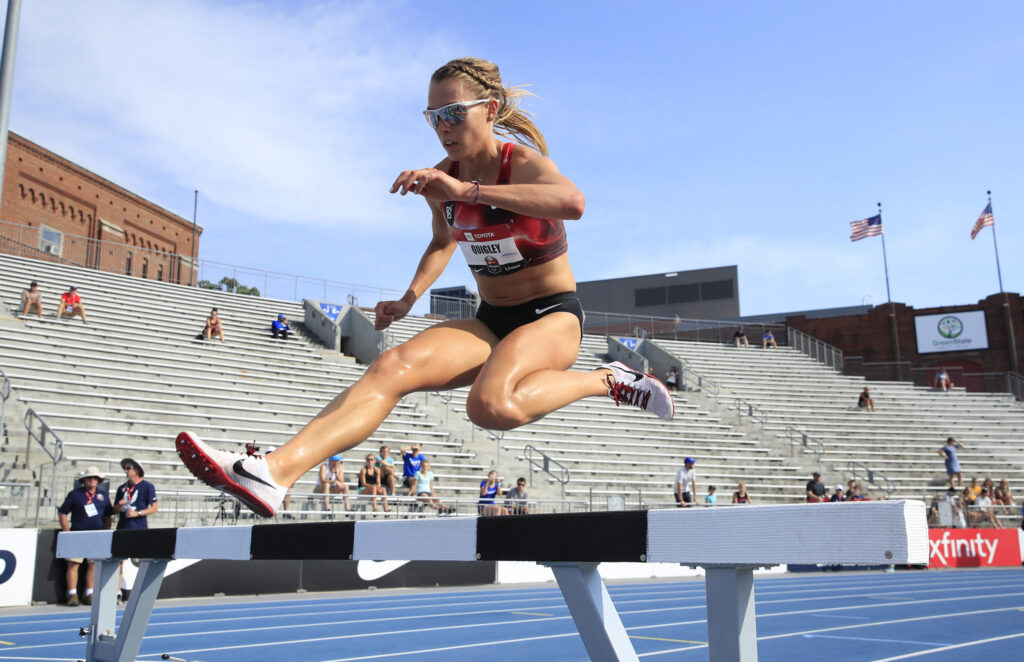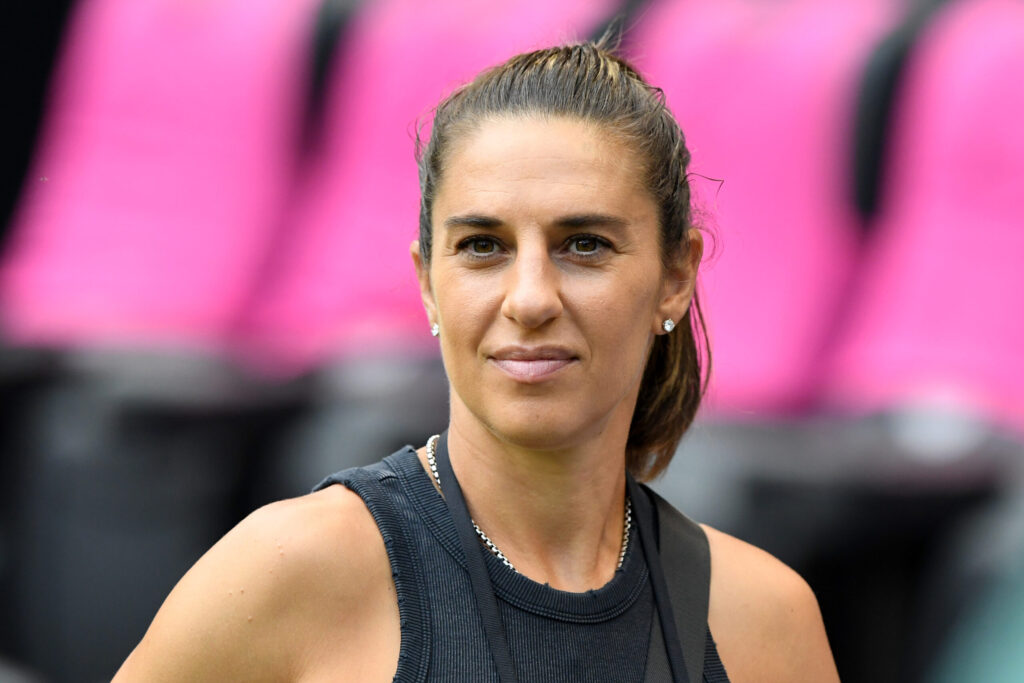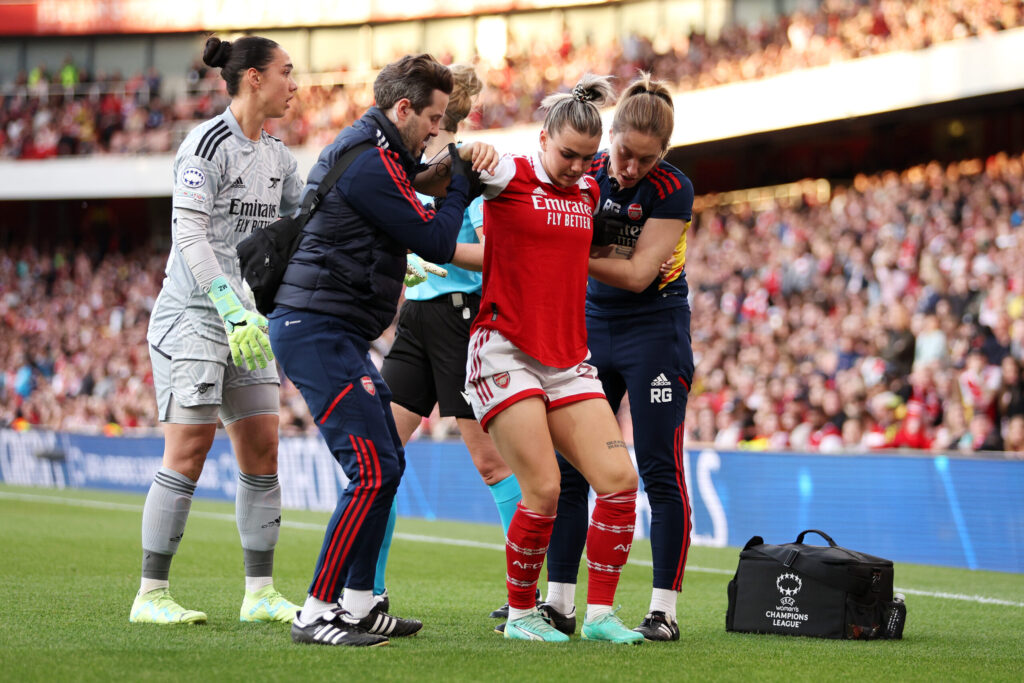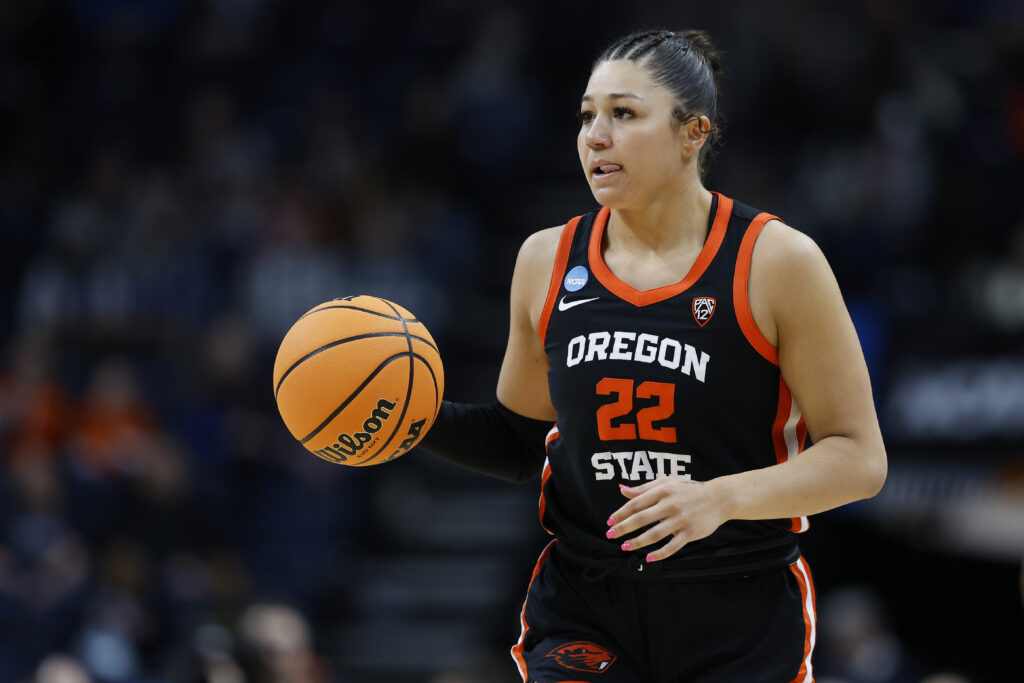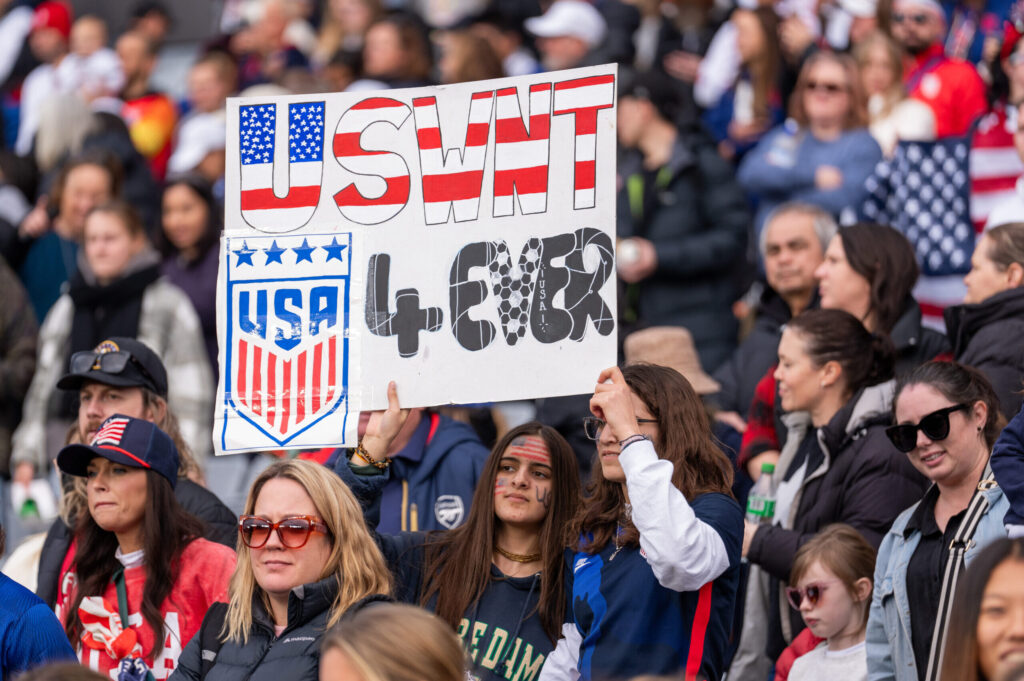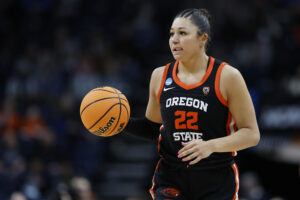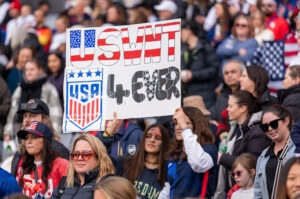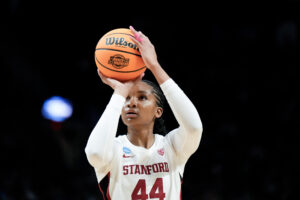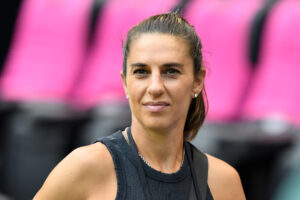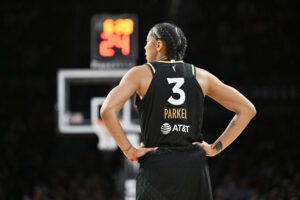Colleen Quigley is an Olympic middle-distance runner who placed 8th in the 3000m steeplechase at the 2016 Rio games. An NCAA All-American and national champion at Florida State, Quigley spoke with JWS about what she’s learned in quarantine and how she’s getting ready for next summer’s Olympics.
What’s your current training routine and how has it been affected by the pandemic?
Luckily, I’m in a sport where the majority of my training is done outside, and running is one of the most safe things that you can do during the pandemic. So that’s pretty awesome that we don’t have to go to a gym. We’re not worried about coming in contact with other people. The majority of my training I can do outside, and so it hasn’t really changed. The gym part has to be tweaked a bit, in terms of weight training and strength training stuff. I can’t really do that in the way that we’re used to. So just like everyone else, I’ve pivoted to the living room workout and just making the home gym work. It actually hasn’t been too bad. It definitely gets a little bit old, but not too bad. I will say, too, I really am leaning more than ever on my at home recovery tools, like my Hyperice and my NormaTec, for when I can’t go in for treatment or get a massage.
Are you on schedule for Tokyo next summer?
With track, it’s kind of interesting. The track and field Olympic team trials are not until July, so we have some time to train, and then it’s a one week process of a prelim and then a final. It comes down to one race deciding your fate. It’s crazy, but that’s how they do it. Every four years, there’s an opportunity to show up as fit and ready as you can and try to earn your spot on the team. It seems like it’s far away right now, but I know it’s going to be here soon.
How do you handle the pressure of going into a race like that?
It’s a lot. Every race that I enter there’s always something on the line. There’s always a team to make or a medal to earn, or an opportunity to get a record, or earn a bonus, or whatever it is. I think the last couple of years, a big part of my preparedness has come from working with a mental coach or a sports psych, however you want to call it. That has been a huge help to me. I realized that I work so much on my body, that it would be a shame to get in the best shape of my life and then show up on race day and let the nerves overpower me so that I can’t even use all this work that I’ve put in. And it’s helped me get over some of the stereotypes, like, if you see a sports psych, that means that you’re weak, or that you have issues. I realized there were lots of gains I could be making, and I really want to end my career realizing that there’s no stone unturned.
I think that’s what really helped me get to the starting line feeling excited for the challenge ahead, instead of overcome with nerves and fear. I really recommend that to any athlete who feels like they’re struggling with the pressure. There’s people that can help you. And they really do a good job.
How will the next 6 months differ from your run up to the 2016 games? Are there fewer races and competitions?
I think you have to go with the flow as we’re going through the waves of this pandemic. And right now, we’re in an uptick and everyone’s kind of shutting down again because cases are rising, and hospitalization and deaths are rising. So everyone’s kind of going back into super careful mode, which probably is going to mean no races for a while. We don’t really know at all what the schedule looks like this time around. We’re going to have to be more flexible and open to not having a plan or knowing that we have a plan, but it’s probably going to change, and being okay with that.
If a race opportunity comes up, you gotta take it. And if that opportunity goes away, then you just keep training. Everyone’s in the same boat, everyone’s just trying to stay safe and stay healthy and get to the starting line. So there will definitely be a lot more unknowns this time around, but that could just give everyone a bigger sense of gratitude when they do get to race. We have to make it count.
What have been some habits that you’ve had that have helped keep you sane during quarantine?
I don’t know it’s anything revolutionary, but what works for me is just getting a good routine going. Feeling like you don’t wake up in the morning going, “Oh, what am I going to do?” Just being like, okay, I wake up, make coffee, walk the dog, and then come back, have a little light breakfast, do my pre-run routine, go for my run and come back, do my strength routine, Pilates, whatever. Maybe have a snack or maybe it’s just already lunchtime. And then I go into my afternoon stuff, maybe have interviews or just check emails, work on projects I’m doing, make a video, work on my Instagram. And then like, okay, 4:00, I’m going to hop on the bike. Maybe I have PT in the afternoon or whatever, and then make dinner and go to bed.
I feel like just getting a routine and feeling comfortable in that routine helps you feel less lost or like you’re being tossed in the wind. You just have to get a really good rhythm going that makes you feel less scattered.
What are some other projects or hobbies you’ve been able to spend more time on?
I feel like I’m always behind on a million things that I owe people or things that I’d like to do. I have an idea and I write it down and then it may or may not get done three months later. I feel like there’s always so many cool opportunities and I definitely have a lot of interests. One thing I’ll shout out is a company I’ve gotten involved with called Voice in Sport, or VIS for short. Stefanie Strack, the founder, used to work at Nike, and she contacted me about their podcast. So I got in a podcast and we had an hour and a half conversation. Everything that she’s doing with VIS for young girls is so cool and unique. She’s taken the time to develop this really awesome platform and the backend stuff is really at a high level. I became a mentor with them and I just started this month, working with a group as well as some one-on-one meetings. I’m new to the community, but I’m really excited to be a part of it and to give these young girls the resources they need to feel supported.
You chose running over a modeling career, saying you just couldn’t quit the sport. Has quarantine strengthened or altered that conviction?
Oh gosh. It’s one of those things where I think that, it was definitely a big decision at the time. It was kind of a crossroads in my life when I was 18 years old. I graduated high school and was given these two, honestly, really good options for the next steps in my life. I could move to New York and sign with an agency that was really excited to represent me and make a bunch of money and maybe become famous. And that seemed great. I love New York city. Or, I could take the scholarship and go to school for free and be a D1 athlete and have a chance at winning a national title. And that was also a good option. I could have gone either way, but I knew within a few months of being on campus at Florida State that I had made the right decision. I haven’t looked back since, and I can’t imagine not going down the road that I did. It’s led me to meet so many incredible people and given me the chance to make an impact on young girls and on a lot of people I’ve never met in a way that I just don’t think modeling would have offered me
Anything else that you wanted to add?
I’ve been slacking on a few Instagram accounts that I run, my dog’s, my own, and then an account called Fast Braid Friday, but that last one is all about braids and hair and how doing something as simple as putting a braid or two in your hair before you go out for a hard workout or a race or into an important business meeting can make you feel more confident. It can make you feel like you’ve got your shoulders back and your head up and you’re ready to take on that challenge, whatever that might be. And so every week I post about my fast braids, with the idea that braids make you feel fast, on my own social media using #FastBraidFriday. And then I try to keep up with the Fast Braid Friday Instagram account as well, but I need to get back on that. That’s one of those things that’s fallen on the to-do list. I’ll also repost other people’s photos and share their stories. It’s become a community built around hair and braids, which is really fun.
